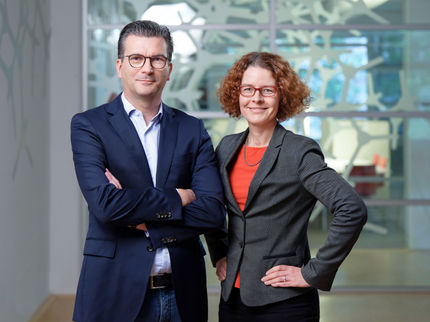University of Chicago establishes new center for chemical innovation
Advertisement
University of Chicago chemists published an article in the Journal of Chemical Physics three years ago that described an early step in the process for efficiently converting methane into synthesis gas, which is useful for producing liquid fuels and hydrogen. Such developments could be critical if the nation is to take better advantage of its abundant methane reserves, said Steven Sibener, the Carl William Eisendrath Professor in chemistry and the James Franck Institute, whose research group conducted the study. Now Sibener and his associates at four partner universities have established a center for chemical innovation to pursue a broader range of similar research aimed at spurring innovation and economic competitiveness. A $1.5 million grant from the National Science Foundation supports the work.
The new Center for Energetic Non-Equilibrium Chemistry at Interfaces (CENECI) is a team effort of UChicago, the Massachusetts Institute of Technology, Montana State University, Northwestern University and the University of Wisconsin-Madison. Additional partners who endorsed the center proposal are Argonne National Laboratory, Cabot Microelectronics Corporation of Aurora, Ill., and the Museum of Science and Industry in Chicago.
The new center will explore the chemical reactions that unfold under conditions infused with more energy than would normally occur. "One hopes to find new chemistries or more efficient ways of doing known processes," Sibener said.
The syngas experiments are but one example of non-equilibrium chemistry. In the experiments, the UChicago team collided beams of molecules traveling at supersonic speeds onto a modestly heated metal surface. The high-energy collision breaks the bonds between the methane molecule's carbon atom and its hydrogen atoms, an important step in the process of turning methane into syngas. Complementing this, the catalyst held at modest temperatures ensures high selectivity in subsequent surface reactions.
The NSF center for chemical innovation will pursue three research themes: new chemical transformations and catalysis under energetic conditions; materials growth, initially focusing on diamond growth for technological applications; and reactions in liquids.





























































